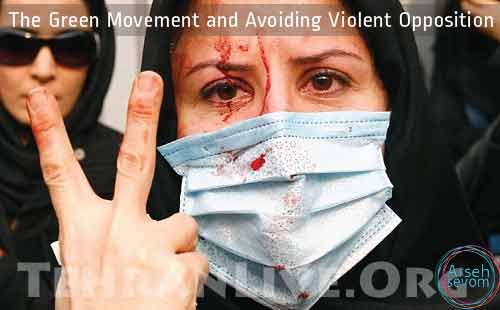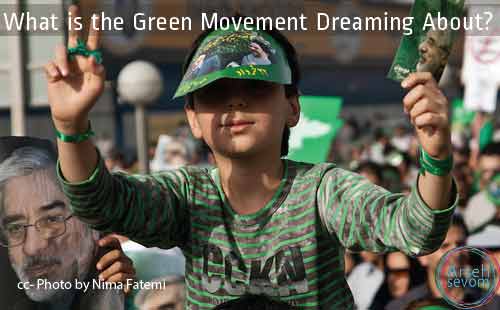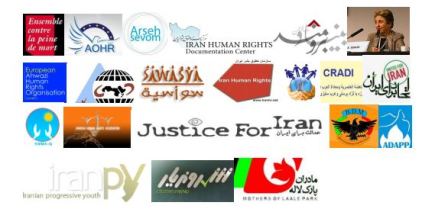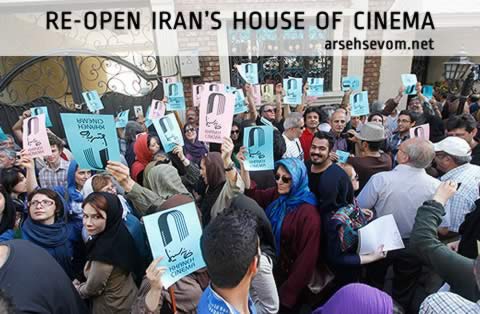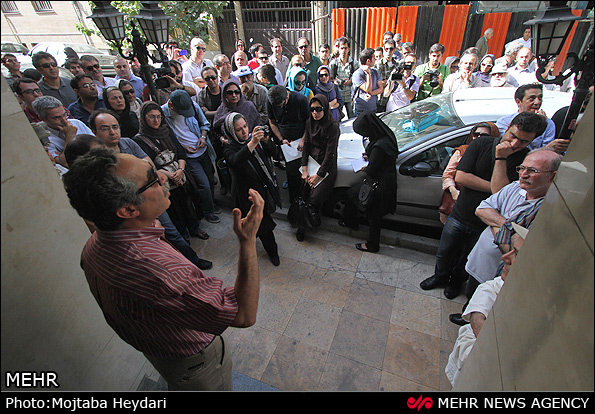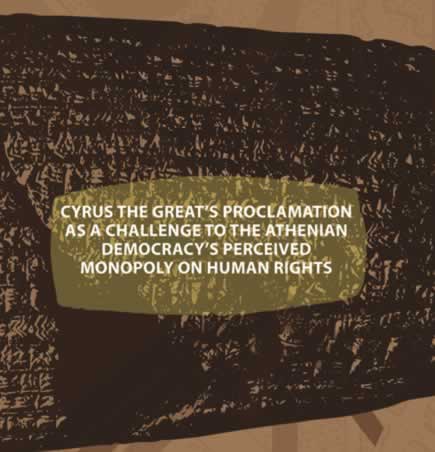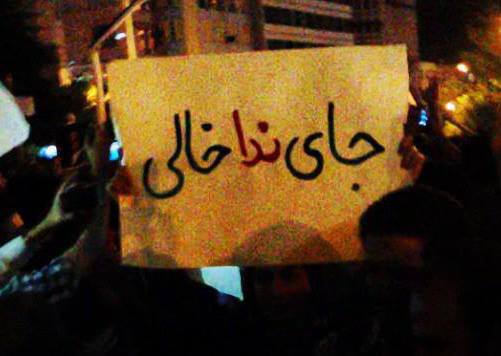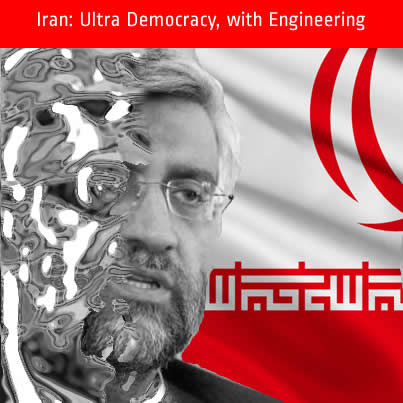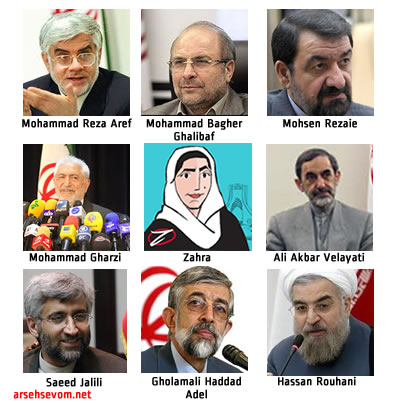August 28, 2013
Arseh Sevom--The presence of women in the public demonstrations of the Green Movement before and after Iran's 2009 presidential elections was undeniable. They were on the front lines, in public, advocating for change. Their voices were strong during the nightly chants from Tehran's rooftops. The non-hierarchical structure of the womens' movement and its long history building coalitions among people with different political ideologies was key for the dispersed leadership of the Green Movement. While the women's movement may have contributed to the discourse on non-violence, violence is unavoidable for a resistance movement writes author Ammar Maleki in his contribution. He writes, “Civil resistance avoids violence, but it never escapes it; if that were the case then it would never be resistance.” In this short piece, chapters two and three of the Hivos report, The Green Movement: Seizing the State or Democratizing Society, are summarized. This is part two of a three-part series.


